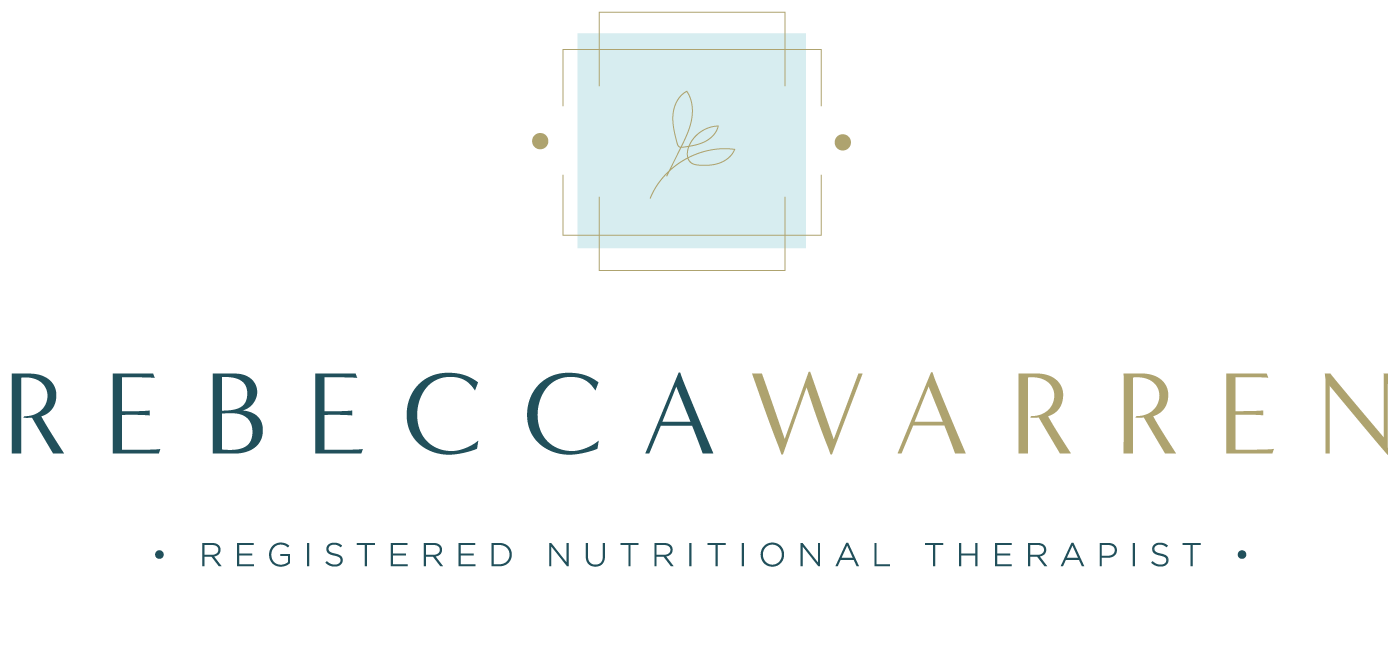“To actually accept that you have an eating disorder or a mental health issue is actually a sign of great, great strength. It is not a sign of weakness at all.”
-Nigel Owens
Eating Your Emotions
How many of us use food to regulate our emotions either by overeating (refined carbohydrates and refined sugars) or by restricting our eating?
How many of us use food for semi /starvation or starvation in order to numb our emotions in a desperate attempt to silence the nagging voices resulting from our own internal pain?
Finally, how many of us have an unhealthy and obsessive relationship with food often to the detriment of our own personal relationships?
As a Registered Nutritional Therapist specialising in Eating Disorders and Obesity I am often moved whilst observing the constant battle my clients have endured in order to have the courage to say goodbye or indeed change often the most intensive relationship they have ever had. Time and time again whilst working with this client group it is in my experience that at one stage, food or the controlling refusal of food, became a friend before it then became a relentless and punishing enemy.
I often see individuals use food and their body to tell a story. One for which they have no language.
“An Eating Disorder is like an iceberg and it is what is going on below the tip of the iceberg is what is maintaining a dysfunctional relationship with food”. – Helena Wilkinson
Working with this client group is very different to how I work with other client groups.
The differences are:
Work begins even before the first assessment, as ideally we have a returned and detailed life style questionnaire and food diary and in the case of children the parent or significant other will have also completed and returned a detailed history. Once we have received all of this information we will then have an overview and an idea of how we can most therapeutically support the individual’s presenting issues.
There are sixteen factors that maintain an eating disorder and therefore it is my job to understand, work with and address all of those maintaining factors, which are applicable to these clients, which are;
-low self esteem
-poor assertion
-low blood sugar
-thrush
-other biochemical reasons
-stress
-lifestyle
-feelings (show/hide)
-attitude traps
-faulty food script
-malnutrition
-habit
-poor body image
-allergies
-addiction process
-Fat/thin conflict
After the assessment which lasts for up to three hours, we will have completed a comprehensive life/weight line and pie chart is then compiled which will highlight the main areas which keep the iceberg intact and the bullying voice of the eating disorder in power.
Following on from the latter, if is therapeutically viable then the clients and our remit is to work together in order to challenge and begin to disarm the maintaining factors; which include the reintroduction or re-education around food intakes that tackle hormone, gut and neurological health.


